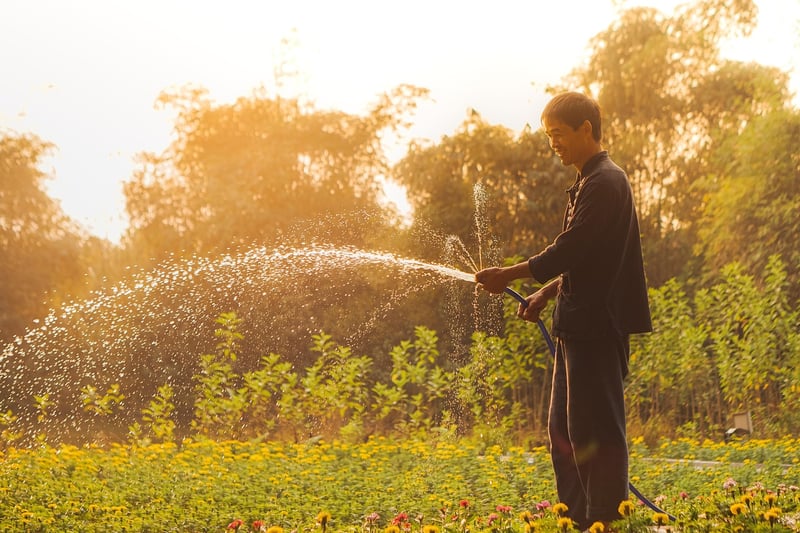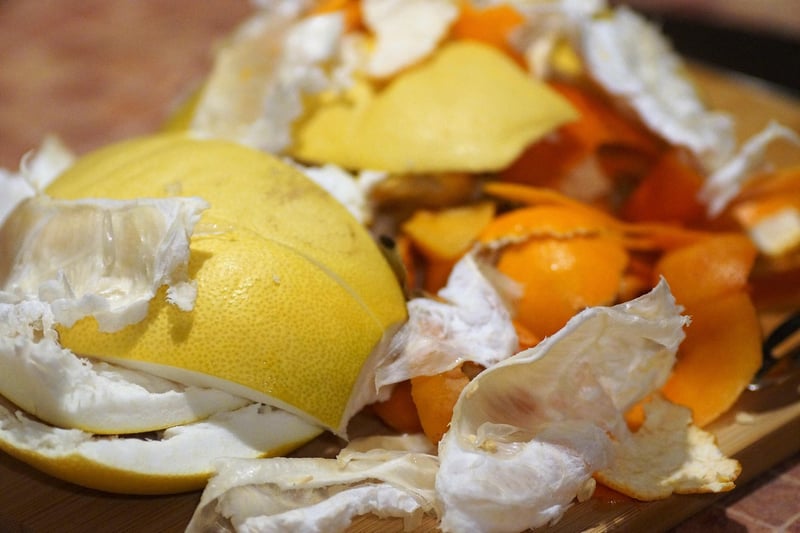Composting Tips
Environmentally Responsible Gardening and Composting Tips
Introduction
Gardening is a wonderful way to connect with nature and create a beautiful outdoor space. By incorporating environmentally responsible practices into your gardening routine, you can not only enhance the health of your garden but also contribute to a sustainable environment. One such practice is composting, which can help reduce waste and enrich your soil naturally. Let's explore some tips for environmentally responsible gardening and composting.
1. Use Organic and Local Plants
Opt for organic plants and seeds from local nurseries. Organic plants are grown without synthetic pesticides and fertilizers, which helps protect the environment and your garden's ecosystem. Additionally, choosing locally grown plants reduces the carbon footprint associated with transportation.
2. Water Wisely
Conserve water by watering your garden early in the morning or late in the evening to minimize evaporation. Use a soaker hose or drip irrigation system to deliver water directly to the roots and avoid wastage. Collect rainwater in a barrel to further reduce water consumption.
3. Implement Companion Planting
Companion planting involves growing different plants together to benefit each other. For example, planting marigolds alongside tomatoes can help repel pests naturally, reducing the need for chemical pesticides. Research companion planting combinations that work well in your garden.
4. Start Composting
Composting is a fantastic way to recycle organic waste and create nutrient-rich soil for your plants. Collect kitchen scraps, yard waste, and other biodegradable materials in a compost bin. Ensure a good balance of green (nitrogen-rich) and brown (carbon-rich) materials for optimal decomposition.
5. Mulch for Moisture and Weed Control
Applying mulch around your plants helps retain moisture in the soil, reducing the need for frequent watering. Mulch also suppresses weed growth, minimizing the use of herbicides. Use organic materials like wood chips, straw, or compost as mulch.
6. Attract Beneficial Insects
Encourage beneficial insects like ladybugs, lacewings, and bees to your garden by planting native flowers and providing shelter. These insects help pollinate plants and control pest populations naturally, promoting a healthy garden ecosystem.
Conclusion
By following these environmentally responsible gardening practices and incorporating composting into your routine, you can create a sustainable and thriving garden that benefits both your plants and the environment. Start small, observe the positive changes in your garden, and enjoy the beauty of nature while contributing to a greener planet.

For more tips on environmentally responsible gardening and composting, visit Gardeners.com.
